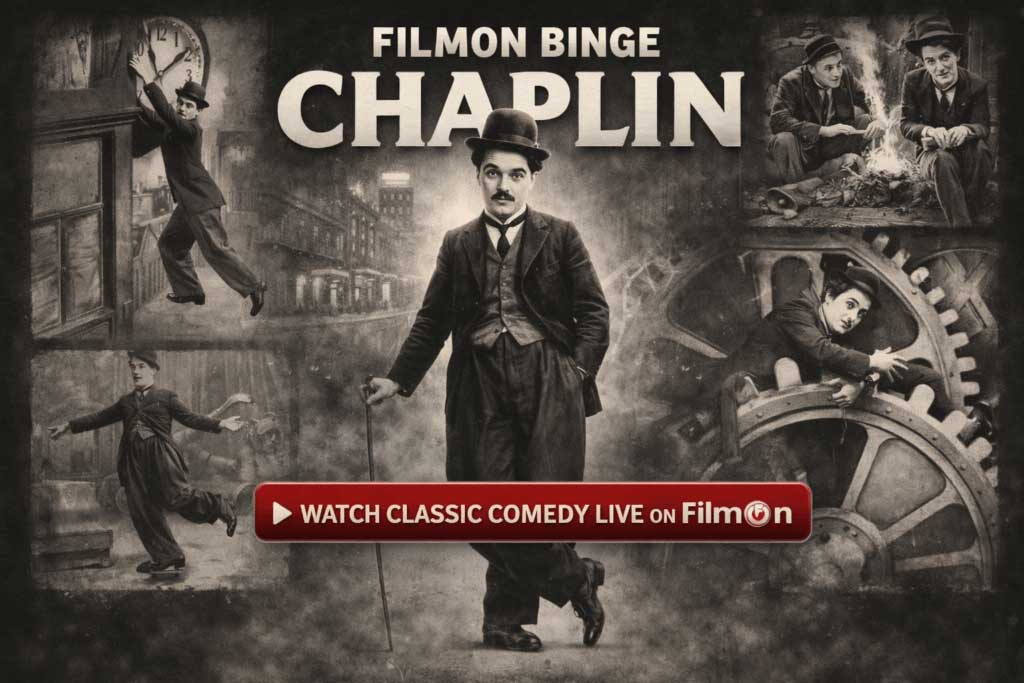Daniel Naroditsky, a standard-bearer in the world of competitive chess that flourished during the COVID-19 pandemic, died Monday at the age of 29, leaving behind a legacy as one of the greats of the game who helped usher in its digital era.
The American grandmaster won several championships and amassed hundreds of thousands of subscribers on YouTube and Twitch, where he would livestream matches and explain strategies in real time. However, he also struggled with the associated controversies of the cyberspace he helped create.
The COVID-19 pandemic saw a surge in online chess popularity, cultivating a community that has been marred by cheating allegations, as some players accessed sophisticated computer programs for an unfair edge. Naroditsky’s untimely passing has highlighted the darker aspects of this new chess environment, which contributed to undue scrutiny and criticism toward him in his later months.
Although the cause of his death has not been released, his passing has prompted a retrospective on his contributions to the chess community.
Legacy of Integrity
Naroditsky faced unsubstantiated claims of cheating from noted Russian grandmaster and former World Chess Champion Vladimir Kramnik, whom Naroditsky had once admired as a hero. He had consistently denied these claims, excelling at blitz and bullet chess formats where fast play is crucial. In one of his final livestreams, Naroditsky expressed his emotional struggle with the accusations, stating, “Ever since the Kramnik stuff, I feel like if I start doing well, people assume the worst of intentions.”
Despite the controversy, many grandmasters and professionals from the chess community praised Naroditsky as an ambassador of the game, using his online platform to make chess more accessible. His family expressed a desire for him to be remembered for the joy he brought to others.
Naroditsky earned the title of grandmaster at just 18 years old and remained a top 200 player globally, winning the U.S. National Blitz Championship and mentoring young players in North Carolina. Arkady Dvorkovich, president of the International Chess Federation, announced that a prize would be established in his memory.
Addressing Online Cheating
The chess community is calling for an end to the pervasive blame game that has troubled many players navigating the complexities of online play. Kenneth Regan, an international master and computer science professor, noted that cheating rates online are significantly higher than over-the-board play, complicating the integrity of fast-paced formats.
Notably, the chess platform Chess.com shut down Kramnik’s blog after he utilized it to spread unfounded allegations against numerous players. This has generated a crossfire of accusations against players who excel using quick strategies.
Nurturing Future Generations
Before his death, Naroditsky continued to engage with audiences through his popular Speedrun chess series, where he shared strategies and insights beneficial to players of all skill levels. His realistic approach to discussing mistakes resonated with many learners, as highlighted by comments from peers and educators in the chess world.
Grandmasters, including Hikaru Nakamura and Magnus Carlsen, have emerged as modern chess ambassadors through social media, effectively widening the audience for chess. Carlsen particularly lauded Naroditsky for his contributions to chess streaming, mentioning that he was universally beloved and an invaluable resource to the chess community.





















